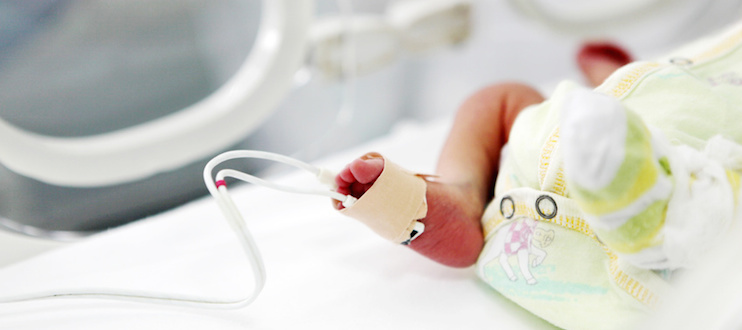

 Back to Latest News
Back to Latest News

Author: S. Basu
Abstract
Colonization of the neonatal gut takes place immediately after birth. Bacteria that get colonized are considered to be “normal” flora . The immune system and the gut barrier in neonates is vulnerable, with decreased acid secretion, low levels of protective mucous, and decreased motility, particularly in those who are premature and of low birth weight. This makes the neonatal gut especially prone to colonization with aerobic Gram-negative bacilli (GNB). And these GNB may later, under circumstances favorable to them, cause disease in the neonates. In developing countries, it is the GNB that cause the majority of the infections. In addition, the use of antibiotics in the neonatal intensive care unit also triggers colonization with antibiotic-resistant bacteria.
The review discusses various aspects of neonatal gut colonization, neonatal sepsis, and tries to understand the connection between the gut and subsequent sepsis in neonates.
To learn more, go to the article preview.